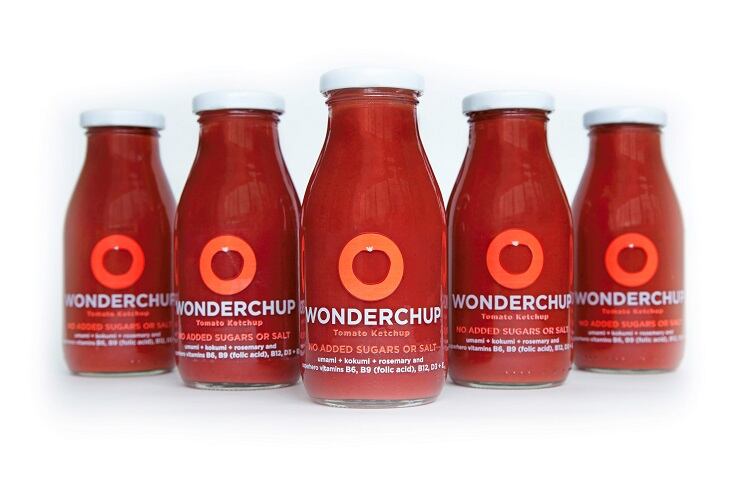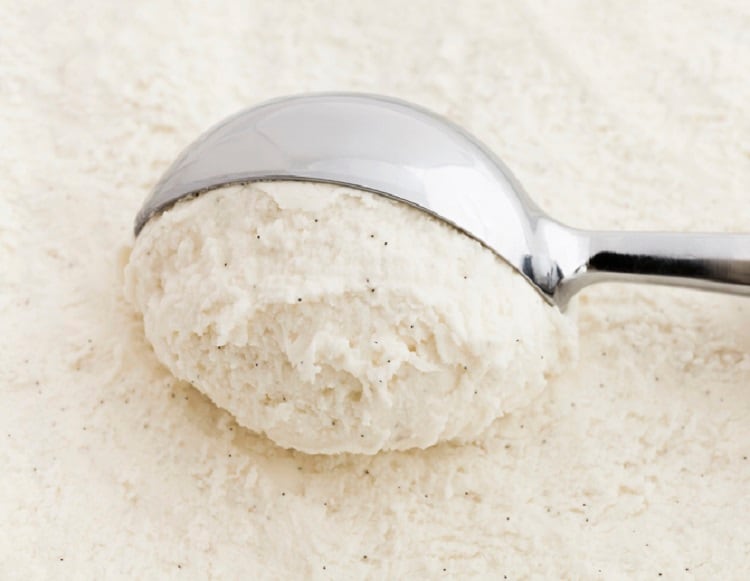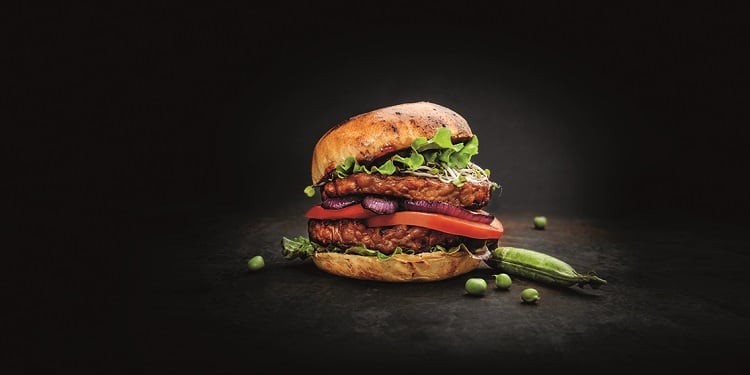This January saw a series of announcements from food multinationals hailing the progress they are making towards achieving gender parity.
Swiss food giant Nestlé revealed its policies to tackle the gender pay gap secured it a place on the 2019 Bloomberg Gender-Equality Index. The company has launched several programs in recent years, including the introduction of flexible working options, childcare support, unconscious bias and gender training as well as mentoring and coaching for women.
In the US, food companies including ADM, Cargill and Hershey have signed up to Paradigm for Parity, a coalition of businesses dedicated to addressing the corporate leadership gender cap.
Announcing ADM’s commitment to the move last month, chairman and CEO Juan Luciano said that the company wants to improve its leadership gender balance by 2030.
He explained: “We recognise that our success as a company and as an industry relies on developing, creating and growing an inclusive culture and diverse workforce. We believe that true innovation arises from having many different perspectives and backgrounds.”

At the start-up level, progress is also reported. Ian Hills, who founded Purple Pilchard – a marketing agency specialised in working with the challenger ‘brands of tomorrow’ – revealed that his agency has seen a significant rise in the participation of female entrepreneurs within the food sector.
“Purple Pilchard has been going since 2004. In the early days my clients were predominantly male led but over the last three years client dynamics have changed significantly and I now have an equal weighting of male and female founders,” he told FoodNavigator.
“The growth of sectors like healthy eating, veganism and functional foods have been particular havens of female influence,” he observed. “Without myself resorting to stereotypes, I believe in my experience that female founders tend to have a more refined outlook on what qualifies as healthy, gastronomic, discerning or clean deck... I'd also say that in my small world it’s the female founders who're prepared to take more calculated risks.”
But if these comments come as welcome progress towards a more inclusive vision of the food industry, last week’s report from the British Business Bank made for sobering reading.
According to the UK VC & Female Founders report, commissioned by Chancellor Philip Hammond, for every £1 of venture capital investment in the UK, all-female founder teams get less than 1p, all-male founder teams get 89p, and mixed-gender teams 10p.
The report noted VC funding for start-ups with female founders “is increasing” but progress is “very slow”. At current rates, for all-female teams to reach even 10% of all deals will take more than 25 years.
Francesca Warner, CEO and co-founder of Diversity VC said it was “shocking” that in 2017 nearly a quarter of VC firms did not see a single female founder at investment committee. Just 5% of founding teams seen by investment vehicles were all-female.
Dismissed as a ‘hobby’
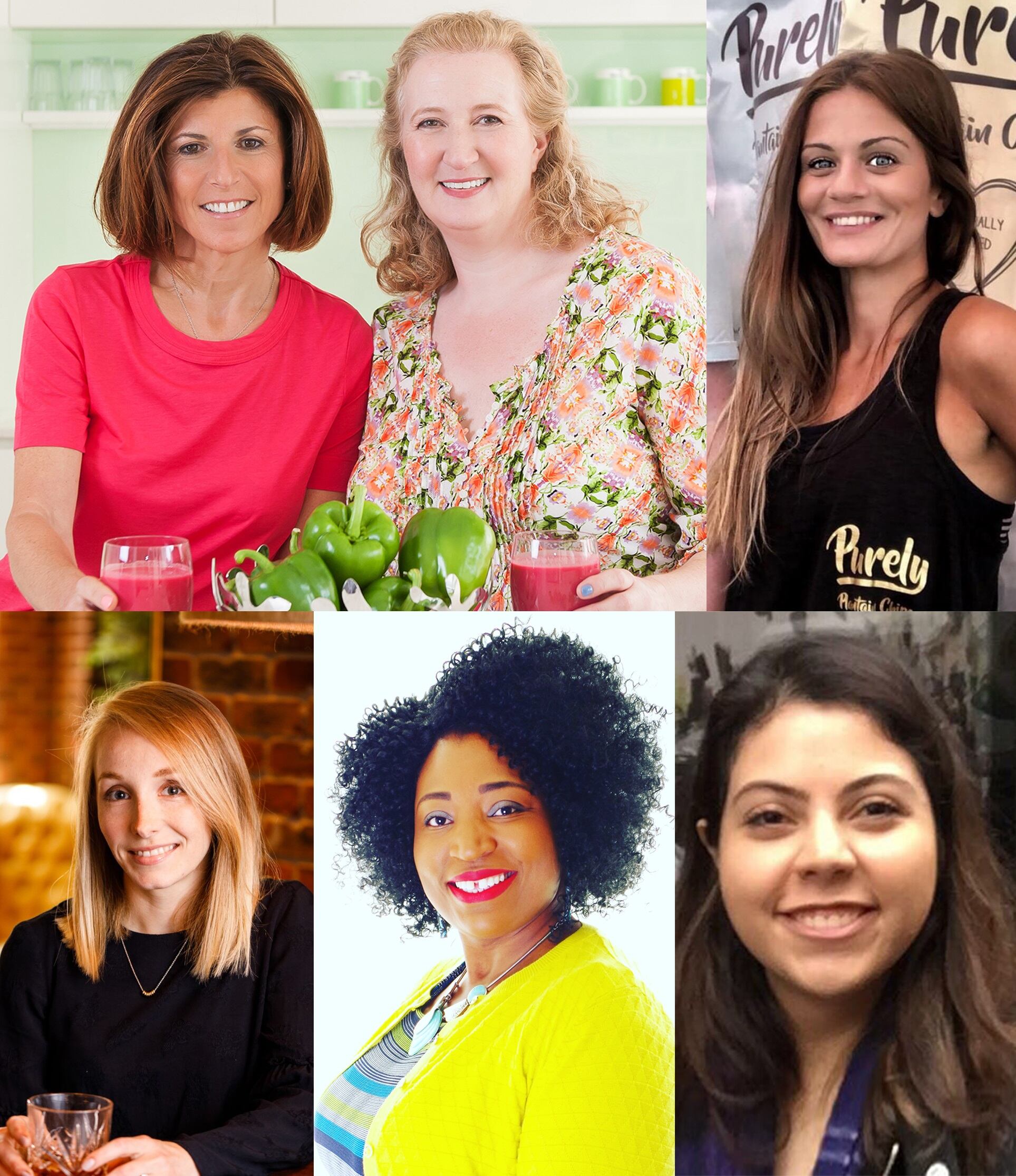
“People do not easily buy into the idea of a female entrepreneur,” Delight Mapasure, founder of K’s Wors Boerewors – a maker of South African inspired sausages – confirmed.
Mapasure - who now works with Purple Pilchard - founded K’s Wors Boerewors as a “vocal ambassador for Southern African cuisine”, which she felt was a perfect match for the growing UK appetite for world flavours. “It provided me with the perfect opportunity to shake up a very samey sausage fixture with some truly substantial and highly spiced boerewors,” she said.
But it hasn’t all been plain sailing for Mapasure – even at times when she was expecting to get support: “I remember sitting through a three hour meeting with someone who was meant to be mentoring me through a European funded programme. [They] spent the duration trying to dissuade me.”
She recalled having her business concept “dismissed as a hobby” by a mentor who “preyed on all my weaknesses, doing their utmost to shut me down.”
Susan Gafsen, founder of vegan seed snacks maker Pep & Lekker, echoed this experience.
“There is certainly some difficulty being taken seriously and persuading people that this is a serious business venture, not a ‘hobby.’ One of our larger buyers referred to the venture as providing some ‘pocket money’. When we recently borrowed some money [we] had to undergo a level of due diligence that I’m sure wouldn’t have been required by a younger, single man.”
Female founders often report being treated differently to their male contemporaries. Katherine Jenner, who formed Burning Barn Rum after a fire at her family farm, recounted: “I often get mistaken for a rep or brand ambassador as opposed to a co-founder of a bustling business. It can be amusing as well as frustrating and an exhausting battle to be taken seriously.”
Nevertheless, she stressed that gender biases did not stand in the way of her business plans: “That said, I was able to successfully raise investment one year after launch, so being a woman hasn’t unduly curbed my ambitions.”
‘Life’s too short’
How do these female entrepreneurs respond to obstacles? All were quick to stress that they won’t be held back by these challenges.
“Probably not the most effective method for handling things but I just try and ignore it all, life’s too short,” Renad Sheraif of Yugo Cooking Pastes said.
“I try and laugh off any patronising comments or doubts that head my way. It’s not always easy but having a positive mindset/outlook is so important when running your own business," Burning Barn’s Jenner added.
Stefania Pellegrino founded plantain snack brand Purely Plantain Chips after a “chance bite” in an Ecudorian café. Travelling to source ingredients, she faced some specific challenges related to her gender. “Travelling in Ecuador and south American countries it has been quite hard on some occasions in the past being a woman, nothing has happened but you’ve got to be brave in some situations,” she explained. “I’m made from tough stuff, after all I come from Puglia in Italy.”
Nevertheless, support networks have also been important for Pellegrino as she works to develop the Purely Plantain brand: “Being a member of the Birmingham Nat West Accelerator Programme for Young Entrepreneurs has been a real source of strength and personal empowerment and working with a coach pushed me really to become the best version of myself.”
Meanwhile, Pep & Lekker founder Gafsen, who took her business inspiration from the health needs of her “lazy, time-poor, vegan son”, relies on a strong work-ethic to see her through. “I work extra hard and show a level of determination and energy that people wouldn’t expect from a woman of my age.”
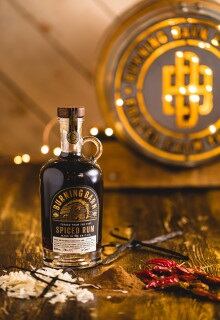
Turning the tables
Some female founders also reported being able to turn preconceptions about them based on gender to their advantage.
K’s Wors Boerewors founder Mapasure noted: “I’ve become resilient to being looked down on, and believe their insecurity is proof that they deem me to be a credible threat.”
While Burning Barn’s Jenner believes she is able to overturn some assumptions about the rum category itself: “I certainly have an advantage when it comes to convincing people that women do drink rum and that their taste buds are happy to look beyond Baileys, Pink Gin or Prosecco… The fact that I’m a woman who drinks rum herself helps get across the point that gender stereotyping is more than a little daft.”
Significantly, fusion cooking paste innovator Sheraif said, being underestimated is sometimes an opportunity in itself: “I think it’s easier as a female to be underestimated. As such it’s easier to steal a handy march.”


